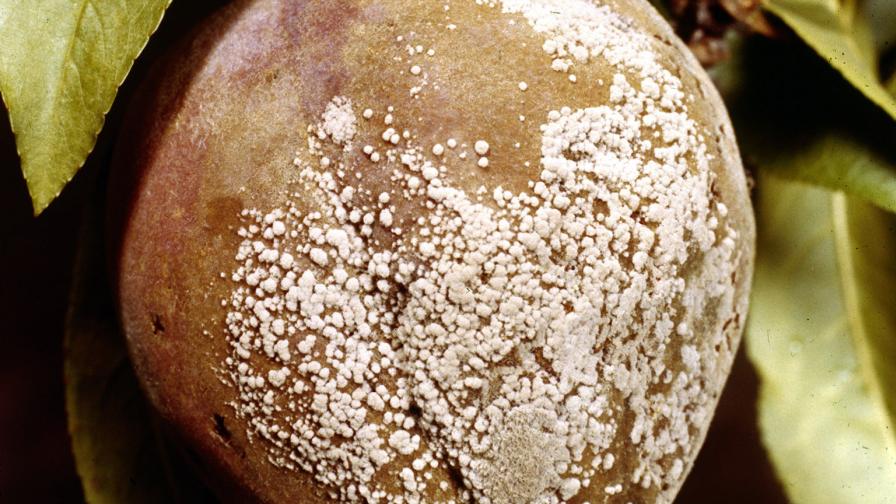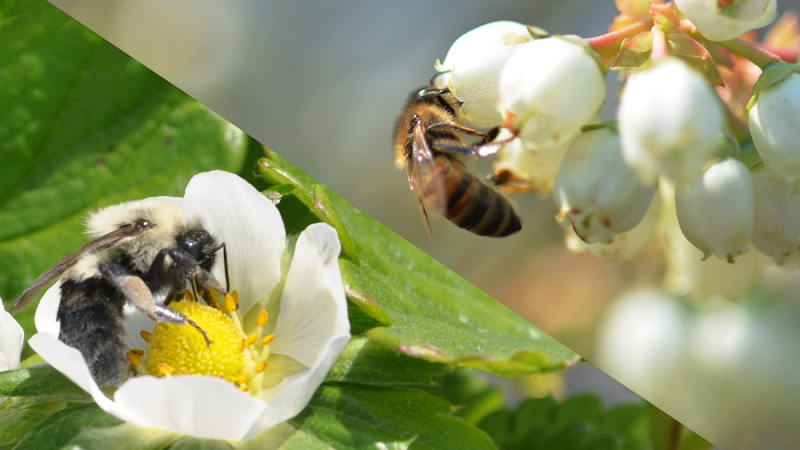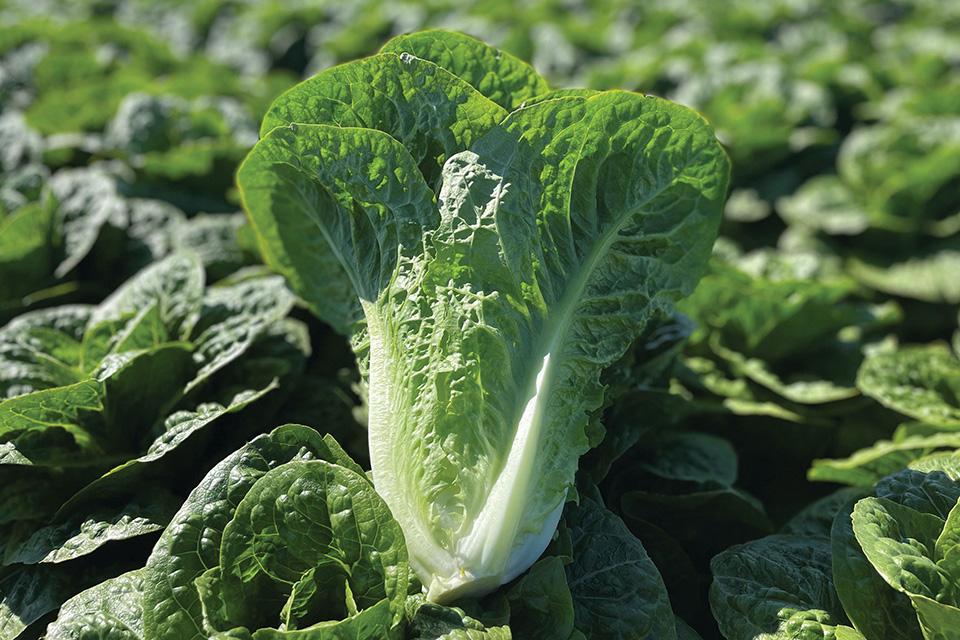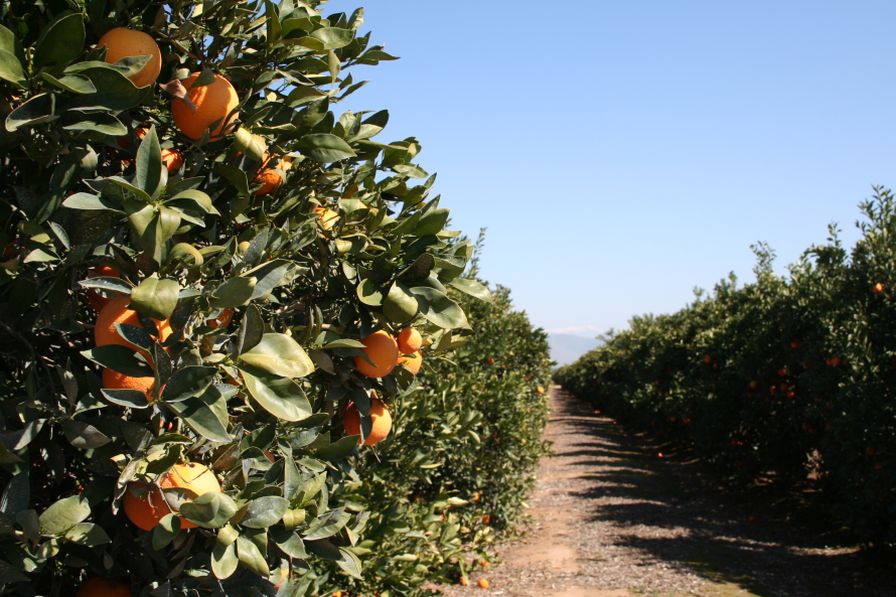Vegetable Insect Control Options In The Southeast
Vegetable production is always at high risk of insect damage. Insect pests range from caterpillars and true bugs that devastate summer crops in the Southeast, to the insects of cool-season crops like aphids and yellowmargined leaf beetles. Warm winter temperatures and high humidity are favorable to the year-round pest activity.
Insecticides for conventional vegetable production fall in 18 different categories. Caterpillars can devastate plant stands if not controlled; there are many effective insecticides for caterpillars with new modes of action. Radiant (Dow AgroSciences) and Belt (Bayer CropScience) have been evaluated in test plots as stand-alone or rotation products. These insecticides are more selective than synthetic pyrethroids and also are softer on beneficial insects.
Repeated synthetic pyrethroid treatments (like bifenthrin) can flare up spider mites in hot weather, so growers should reduce their insecticide applications in unfavorable conditions or shift to selective products. Coragen (DuPont Crop Protection) and Admire (Bayer CropScience) can be applied through drip irrigation for early season insect control with long residual.
Through a series of demonstration plots at research stations and commercial fields, a mixed trap cropping system with Peredovik sunflower and NK300 (forage) sorghum for leaffooted bug and stink bug management was studied in Alabama. (Visit www.aces.edu/go/87 for a training module on trap crops.) The trap crops successfully attracted leaffooted bugs away from the main crop and kept them there till late season. Two applications of insecticides like Mustang Max (FMC Corp.) and Warrior (Syngenta Crop Protection) on sorghum heads reduced 70% to 90% leaffooted bugs without the need for treating the main crop.
Spider Mite Pressure
In 2012, spider mite outbreaks were common across some areas of the Southeast, and mowing grass close to the crop during hot weather results in greater spread of this pest. High tunnel producers may also experience spider mites due to the lack of rainfall inside the structure. Effective miticides include Agri-Mek (Syngenta Crop Protection), which also kills Colorado potato beetle, Acramite (Chemtura), and Portal (Nichino America). For squash bug control, Brigade (FMC Corp.) and Venom (Valent U.S.A.) provided consistent results in field tests.
Apply insecticides in a timely fashion when insects are most vulnerable, use a surfactant as recommended, and follow the preharvest interval mentioned on insecticide labels before using the products. Rotate insecticides and minimize applications to conserve the natural enemies and pollinators.
Organic Farming Options
In organic farming systems, pest prevention through cultural and mechanical tactics is a very important aspect that producers must understand since organic pesticides are often expensive. In the Deep South, organic farming can be pesticide-intensive and farmers must use approved insecticides in a timely manner.
Some of the fast-acting contact insecticides that are good for caterpillar control include Entrust (Dow AgroSciences) and Pyganic (MGK Co.) Some slow acting but effective caterpillar control products include Bacillus thuringiensis or Bt (Dipel and Xentari, both from Valent U.S.A.), BotaniGard (BioWorks), and neem oil (Molt-X, BioWorks).
Alabama IPM studies suggest BotaniGard and Molt-X can be tank-mixed and rotated with paraffinic oil (Suffoil-X, BioWorks) for excellent aphid control. Bt formulation Xentari is also very effective against mixed population of caterpillars and provides uniform fruit size.









